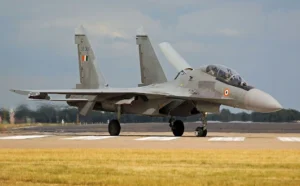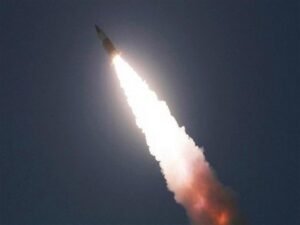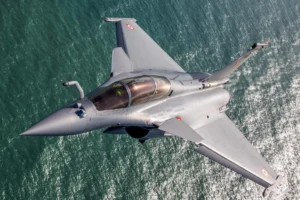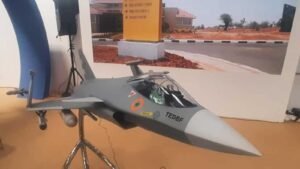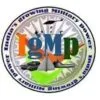Russia has threatened to bomb the North Atlantic Treaty Organization’s (NATO) air bases if the F-16 jets being sent to Ukraine operate from there.
Modeled On US B-2 Spirit, India Joins Elite Group Of Nations With Indigenous, Hi-Speed, Flying-Wing UAV
Moscow’s threat represents one of the critical challenges in transferring the F-16s to Kyiv, as this would bring both Ukrainian and NATO nations’ territories hosting the combat jet under Russian attacks.
Russia has already warned that the use of NATO aircraft from Europe against Russia will mark the nations hosting these jets as “legitimate targets.” It has talked about the American warplane’s generally low chances of survivability before Russian air defense and fighter aircraft.
The F-16s operating from NATO nations against Russia and in support of Ukraine guarantee a direct clash between Russia and the US/Europe in the ongoing nearly two-year war. If Russia targets NATO nations in retaliatory strikes, it mandates the alliance to respond in kind under its charter.
The head of Russia’s delegation to the Organization of Security and Cooperation in Europe (OSCE), Konstanting Govrilov, warned of “retaliatory measures if Kyiv uses NATO air bases for deploying Western fighters transferred to Ukraine.”

Interestingly, Russia’s foreign ministry spokesperson Maria Zakharova has repeatedly warned over the last few months that there have been previous official warnings about NATO air bases becoming “legitimate targets” if they are used for operations against his nation.
Of all previous Russian warnings to legitimately bomb NATO “arms supply routes” and specters of a direct conflict with the military bloc because it supports Ukraine, the F-16 scenario is the most real, given the strategic nature and offensive orientation of the weapon.
It is a different matter that the F-16s will not be a game-changer in Ukraine and will be easily vulnerable to advanced Russian surface-to-air missile (SAM) systems like the S-400 and Russian fighters, including the Su-35 and the Su-30SM.
The first batch of F-16 fighters is expected to arrive in Ukraine by the spring of 2024, state news agency Ukrinform had previously cited Ukrainian Air Force spokesman Yuriy Ihnat as saying.
Russian Diplomat Warns
Gavrilov drew attention to the reports about the “significant destruction of the airfield structure of Ukraine” (which will force) F-16 tactical fighters transferred to the Ukrainian Armed Forces to fly from air bases in Poland, Romania, and Slovakia” at a plenary meeting of the OSCE, according to TASS.
Moscow will consider the use of fighter jets from the territory of these NATO member countries “as their participation in the conflict” and will be forced to take “retaliatory measures.”
The threat reflects a Catch-22 situation for Ukraine and the US/NATO on the F-16s. Kyiv is aware the fighters will be shot down without much effort by Russia and without a dramatic impact on the war.
But this is assuming that the jets take off from Ukrainian territory, nearly all of which is within reach for Russia’s long-range cruise missiles. It has already struck Ukrainian air bases housing MiG-29 fighters with simple weapons like the Lancet drones, which are nearly 60 kilometers from the frontline in the south.
Assuming the fighters operate from air bases in neighboring NATO members like Poland or Romania, Russia will strike those locations, arguing they made legitimate targets. If Europe and the US decide to activate Article 5 of the NATO charter, the stage is set for World War 3, given a colossal 2,000-kilometer-long front.
But given the previous repeated statements from both European capitals, Brussels and Washington, about not desiring a war with Russia, it might also foster some reluctance to invoke the clause simultaneously.

Russian Foreign Ministry’s Previous Warnings
In this context, Maria Zakharova first warned on August 26 that “European countries’ plans to send F-16 fighter jets to Kyiv point to their increasing involvement in the conflict around Ukraine.”
She framed the warning in more direct military terms in late November, saying the “(the F-16) fighter jets involved in the conflict on the Ukrainian army’s side will be a legitimate target for destruction wherever they may fly from.” Zakharova then added how NATO is being “increasingly entangled” in the Ukrainian conflict.
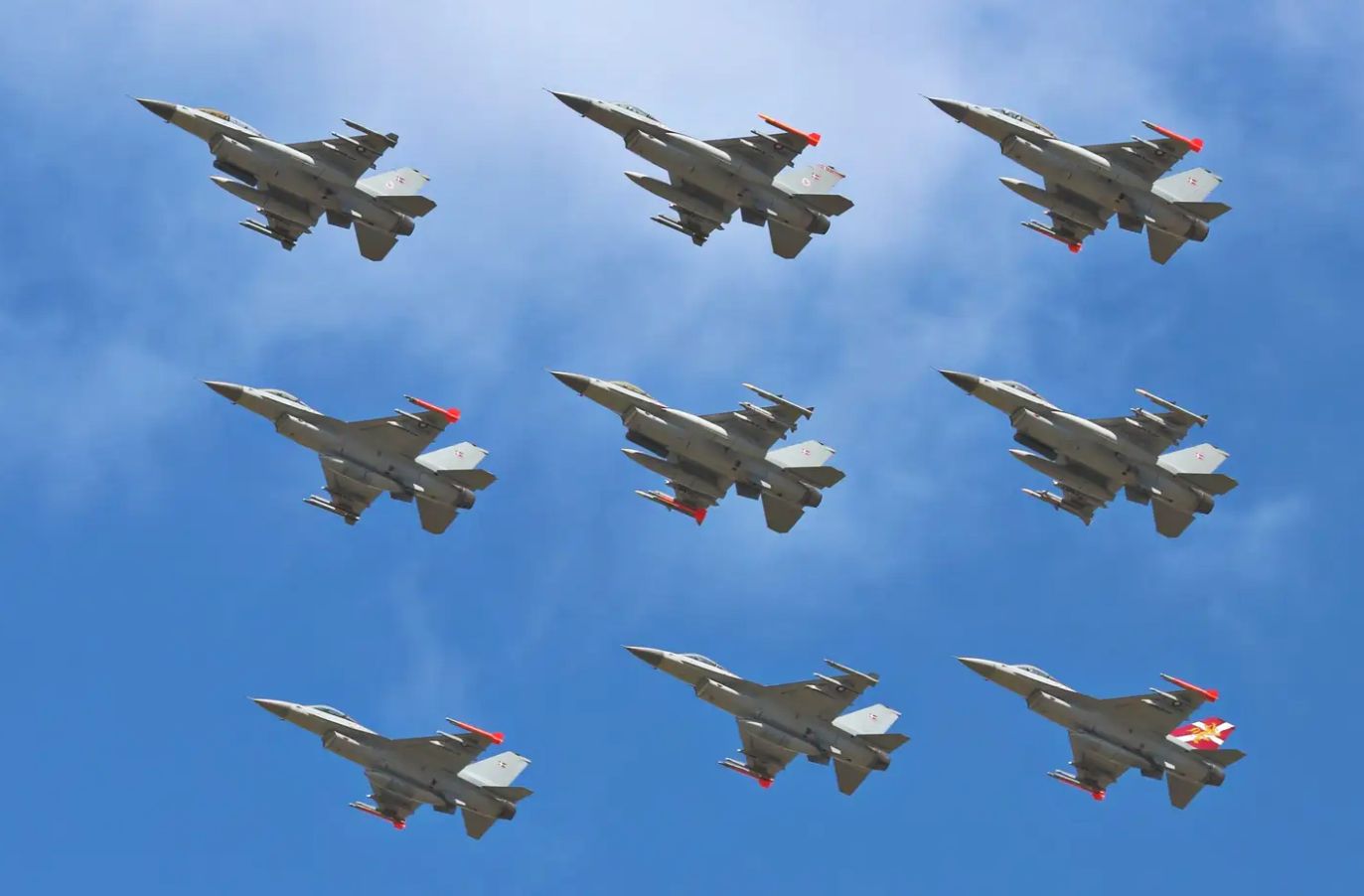
If Russia decides to strike, it would be in line with hardline voices in the country, particularly its ‘military blogger’ community. Some of the war correspondents who run Telegram groups on military affairs and also arrange crowdfunding efforts for procuring immediate, off-the-shelf material for soldiers have long wondered why Russia continued its restraint on justified European targets outside Ukraine, which were sending arms into Kyiv.
Both the Russian state and its military bloggers had argued that Europe and the US were “active participants” in the war that continued arming Ukraine and crossed several “red lines,” which should have forced Russia to drop considerations over the NATO Charter’s Article 5 getting invoked.
The clause legally mandates all member countries to rush to aid the nation whose territory is struck. In other words, an attack on one country is an attack on the entire bloc.


